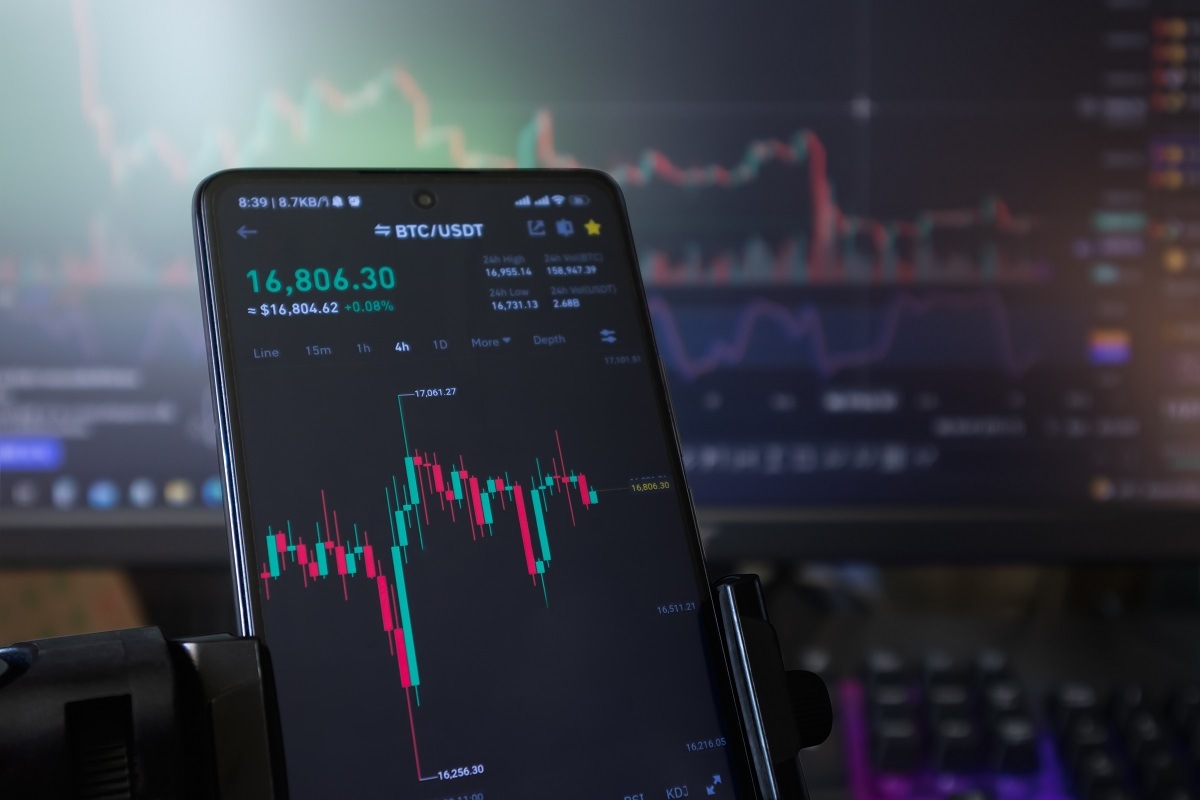Businesses to score which assets can be traded without ire of regulators
The U.S.’s biggest cryptocurrency exchanges have developed a system to rate which digital assets are probably securities that can’t be traded on their venues—and which likely can.
The system, which the firms will make public Monday, comes as the industry continues to face skepticism from regulators about how it protects investors and complies with federal laws, including anti-money-laundering provisions.
Cryptocurrency developers have resisted the idea that most digital assets should fall under an existing regulatory approach. A two-year clash with the Securities and Exchange Commission has moved the companies toward reckoning with which cryptocurrencies qualify as investments that should fall under federal rules written for Wall Street. The SEC hasn’t endorsed the group’s approach and could question any decisions to list tokens for trading.
Exchange operators involved with the effort include Coinbase Inc., Kraken, Circle Internet Financial Ltd. and Bittrex Inc.
SEC Chairman Jay Clayton regularly questions the investor protections crypto exchanges use. If traders “think that there’s the same rigor around that price discovery as there is on the Nasdaq or the New York Stock Exchange and the protections, they are sorely mistaken,” Mr. Clayton said Sept. 19 at a CNBC conference.
GET WHITE LABEL CRYPTOCURRENCY EXCHANGE
Starting Monday, the companies, calling themselves the Crypto Ratings Council, will publish online ratings of assets on a scale of 1 to 5. The highest value signifies the token is a security that unregulated crypto firms can’t issue, sell or trade. Issuers won’t have upfront input in the ratings, although they can provide information to dispute a score their token received.
Bitcoin, the most widely traded cryptocurrency, is scored as a 1, participants said. SEC officials have said publicly that bitcoin isn’t a security.
Other participants in the council include trading and custody firms such as Anchor Labs Inc., DRW Holdings LLC’s Cumberland unit, Genesis Global Trading, Grayscale Investments LLC and Paxos Trust Co. LLC. The group says it continues to recruit members.
Read More: Ant Financial and Bayer to Jointly Develop Blockchain for Agriculture
The ratings system draws from court decisions and regulatory statements describing which assets are securities as well as factors that are particular to the software networks that underpin cryptocurrencies. While the group will agree on the score for a particular token, the exchanges could make different decisions about which ones to add to their venues.
Regulators have said deciding which novel assets are securities requires analyzing how a specific deal is sold, the use of the proceeds and whether purchasers expect a profit. Crypto firms have decried the guidance as too vague.
“One of the biggest uncertainties around crypto and the reason why more asset managers are not comfortable with it is the uncertainty around which is a security and which is not,” said Brian Brooks, chief legal officer of Coinbase, which conceived of the ratings.
Read More: Bitcoin Price (BTC) Sighting Next Downside Break Below $8.2K
The SEC’s enforcement division has sued some companies that issued crypto tokens and settled with others over claims the assets were securities that should have been registered with the SEC.
“It’s our hope the SEC will view this as a positive step,” said Mary Beth Buchanan, Kraken’s general counsel. It “does show the SEC what each exchange is doing to come to a decision.”
Coinbase said it has been cautious about adding new cryptocurrencies to its platform. Its retail business now supports 16 assets, while a version for institutional clients lists 23.
Other crypto exchanges have taken more liberal approaches toward new coins, regularly adding and removing tokens. Bittrex’s website shows it has often delisted tokens from its platform, including for “evolving regulatory standards and other compliance issues.”
Coinbase more than tripled the number of cryptocurrencies it makes available for trading since starting to use the ratings system in its business six months ago, Mr. Brooks said. The company began discussing wider use of the scoring with competitors about two months ago, he said.
While the group will disclose the score of assets they deal with, it won’t reveal which ones got a 5 rating and thus were judged to be securities, Mr. Brooks said.
Several of the companies participating in the ratings are members of the Blockchain Association, a lobbying group that backs a House bill that would exempt many cryptocurrencies from SEC rules. The companies last week briefed senior lawmakers including Reps. Carolyn Maloney (D., N.Y.) and Bill Huizenga (R., Mich.) and Sens. Elizabeth Warren (D., Mass.) and Pat Toomey (R., Pa.), according to Coinbase.
“This gives us a model for best practices that Congress may decide to use if and when it legislates in this area,” said Gus Coldebella, chief legal officer of Circle.
Source: wsj.com





